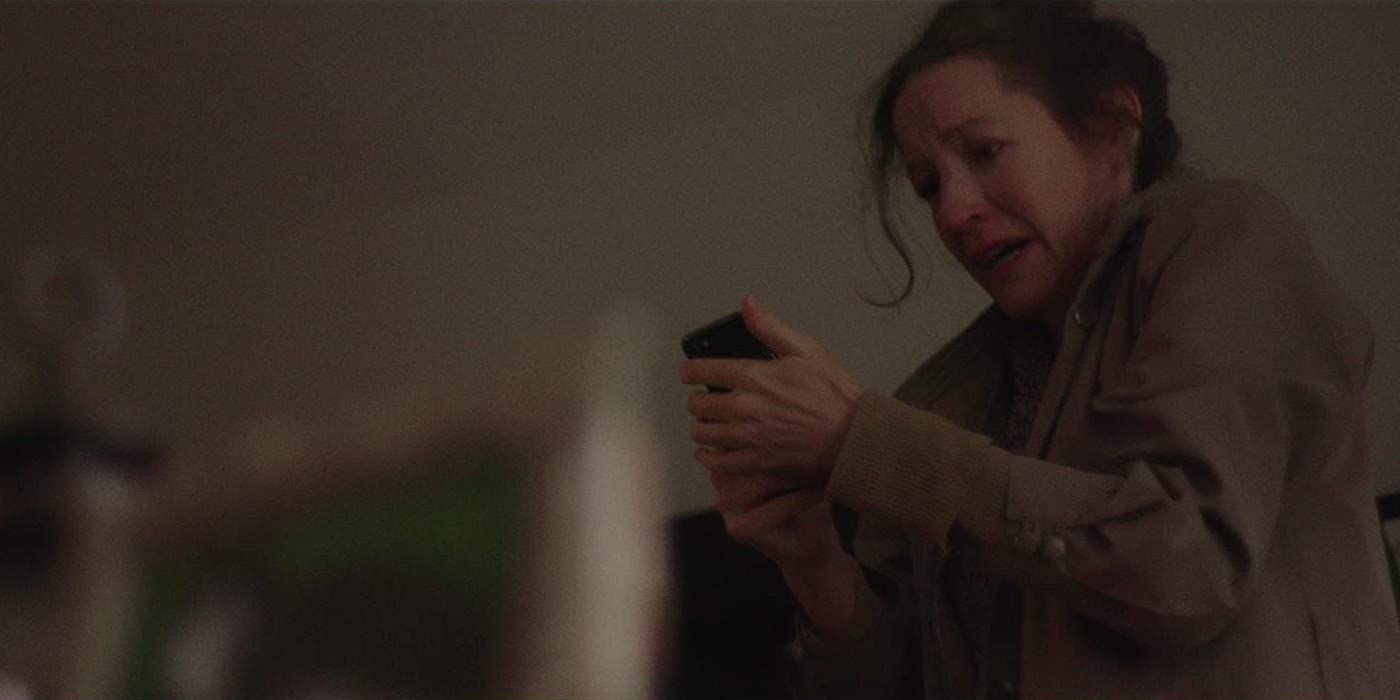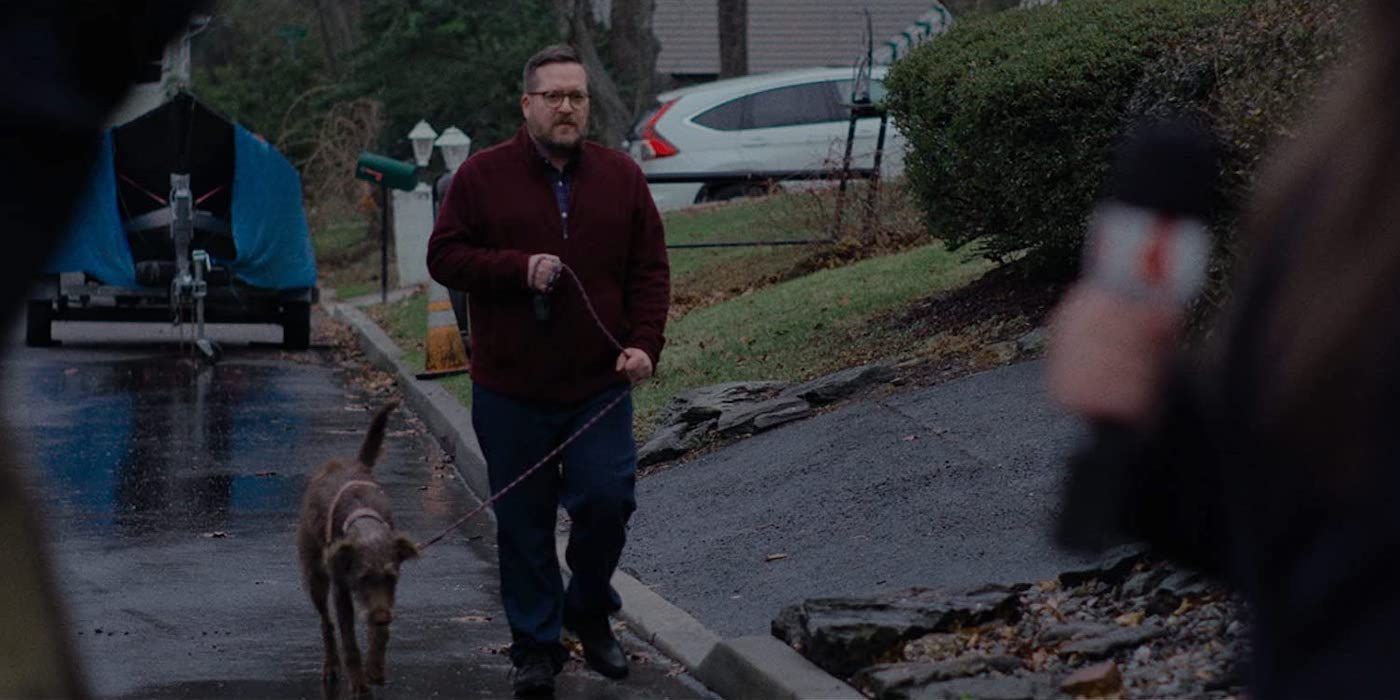Suburban thrillers and horror stories exploit the anxieties that come from living in a neighborhood where you don't know who lives in the houses across from you. Behind every door could be a lonely man broken by pain, a happy family content to live the dream or a vicious monster with sadistic inclinations. Writer and director Kevin Tran's The Dark End of the Street is a micro-budget thriller that tries to exploit the fears of living in the suburbs, but while it captures the unrest of a whole neighborhood, it struggles to find a central conflict.
In some ways, the film successfully reflects the feeling of social isolation, of knowing there is a problem without ever addressing it. However, it doesn't really feel like a cohesive drama. There are too many characters developed in too short a runtime. While the second half delivers some horror, for some fans, it might be too little, too late.
The film follows a number of people living on a typical suburban street. A woman comes home to find her house broken into and her cat stomped to death. This is just the most recent incident in a series of animal slayings that, up until this point, had been left unreported to authorities. However, while the neighbors all react in horror at what's happening, everyone would rather ignore the problem than address what's going on.
The film is uncomfortable due to its style of presentation, but not necessarily due to its plot. Most shots are static long shots with shadows heavily overlaid. There is little if any music throughout the scenes, resulting in uncomfortable segments of silence. Shots go on for uncomfortably long periods of time. This leads you to suspect something will happen, that someone might be lingering in the house or waiting for the characters. However, all that remains is silence.
This leads to the core problem with The Dark End of the Street. Because the characters are content to ignore the problems outside their homes, the driving action of the narrative never gains momentum until the last act. The film is relatively short at a crisp 70 minutes, but it takes a long time for the conflict to take off. It isn't even until the halfway point that a character starts to speculate the animal killer is one of the neighbors.
It's in the last act when the various, disconnected plot threads start coming together, leading to paranoia and ignorance that results in an understated yet effective conclusion about how we really don't know our neighbors. However, for some, after all that buildup, the release of tension might be a little too understated to feel cathartic. Ultimately, the film's horror comes not from the criminal on the loose, but rather the crushing sense of isolation one feels living in the neighborhood. Everything feels inconsequential in a poignant, quiet way.
The various characters are well-acted enough. They all speak in quiet voices, leading to a movie full of understated performances. However, because of the great number of characters, many are only introduced for brief intervals before they're ignored for long stretches of time. Very little is shown onscreen, with a lot of details being left up to the viewer's imagination.
Ultimately, this is a story that feels better suited to a novella than a film. The film emphasizes the mundanity of life, even in the face of terrible trouble. And while the human drama is accompanied by a distinct lack of tension, there is something to be said for the film emphasizing how we tend to ignore evil lurking right under our noses, dismissing it before turning our attention to other problems.
In this sense, The Dark End of the Street feels like a companion piece to films like Larry Clark's Ken Park or David Lynch's Blue Velvet. The only difference is, while those films explore evil flourishing in the suburbs, The Dark End of the Street does everything it can to ignore the conflict.
The Dark End of the Street stars Scott Friend, Brooke Bloom, Jim Parrack, Lindsey Burdge, Michael Cyril Creighton, Daniel K. Isaac, Anthony Chisholm and Jennifer Kim. It is available now on VOD.


